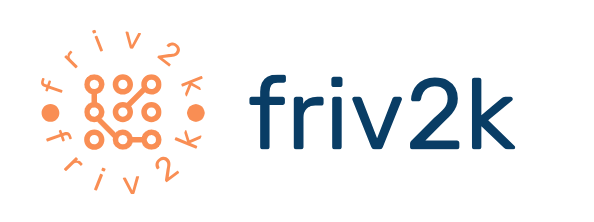The Promise of AI: A Force for Good
Artificial intelligence holds immense potential to improve human lives. Imagine a world where diseases are diagnosed earlier and more accurately, leading to better treatment outcomes. AI can analyze vast datasets to identify patterns invisible to the human eye, accelerating medical breakthroughs. Furthermore, AI-powered tools can automate tedious tasks, freeing up human workers to focus on more creative and fulfilling endeavors. From optimizing agricultural yields to developing more sustainable energy solutions, AI offers a path towards a more efficient and equitable future. The potential for good is truly vast, encompassing advancements across numerous sectors and improving quality of life globally.
The Perils of Bias: Ensuring Fairness and Equity
However, the path towards this utopian vision is fraught with ethical challenges. One of the most significant concerns is bias. AI systems are trained on data, and if that data reflects existing societal biases – for example, racial, gender, or socioeconomic – the AI will inevitably perpetuate and even amplify those biases. This can lead to unfair or discriminatory outcomes in areas like loan applications, hiring processes, and even criminal justice. Addressing bias requires careful attention to data collection and algorithm design, as well as ongoing monitoring and auditing of AI systems to ensure fairness and equity for all.
Job Displacement and Economic Inequality: Navigating the Workforce Transformation
The automation potential of AI raises legitimate concerns about job displacement. While some argue that AI will create new jobs, others fear widespread unemployment and increased economic inequality. The transition to an AI-driven economy requires careful planning and proactive measures, such as retraining programs and social safety nets, to support workers whose jobs are automated. A thoughtful approach to this transition is crucial to avoid exacerbating existing societal inequalities and ensure a just and equitable future for all.
Privacy Concerns: Protecting Individual Data in an AI-Driven World
AI systems often rely on vast amounts of personal data to function effectively. This raises significant privacy concerns, particularly regarding the potential for misuse or unauthorized access to sensitive information. Strong data protection laws and regulations are essential to safeguard individual privacy in the age of AI. Transparency and user control over their data are crucial aspects of building trust and ensuring responsible use of AI technologies. We must strike a balance between leveraging the power of AI and protecting fundamental human rights.
Autonomous Weapons Systems: The Ethical Dilemma of Lethal AI
Perhaps the most ethically fraught area of AI development is the creation of autonomous weapons systems (AWS), also known as “killer robots.” These weapons have the potential to make life-or-death decisions without human intervention, raising profound concerns about accountability, the potential for unintended consequences, and the erosion of human control over lethal force. Many experts and organizations advocate for an international ban on the development and deployment of AWS, arguing that their use would be morally reprehensible and destabilizing.
Accountability and Transparency: Who is Responsible When AI Goes Wrong?
Determining responsibility when an AI system malfunctions or causes harm is a complex legal and ethical challenge. When an autonomous vehicle causes an accident, for example, who is liable – the manufacturer, the software developer, or the owner of the vehicle? Clear guidelines and regulations are needed to establish accountability and ensure that those responsible for AI systems are held accountable for their actions or failures. Transparency in the design and operation of AI systems is also crucial to foster trust and enable effective oversight.
The Path Forward: Collaboration and Ethical Frameworks
Navigating the ethical challenges of AI requires a collaborative effort involving researchers, developers, policymakers, and the public. The development of robust ethical frameworks and guidelines is essential to guide the responsible development and deployment of AI technologies. These frameworks should prioritize human well-being, fairness, transparency, and accountability. Open dialogue and ongoing engagement are critical to ensuring that AI is developed and used in a way that benefits humanity as a whole.
The Future of AI Ethics: Continuous Learning and Adaptation
The field of AI ethics is constantly evolving, as new technologies and applications emerge. Continuous learning, adaptation, and a commitment to ongoing ethical reflection are crucial to ensure that we remain ahead of the challenges posed by AI. By embracing a proactive and collaborative approach, we can harness the transformative potential of AI while mitigating its risks and ensuring a future where AI serves humanity’s best interests. Read also about what is ethics in AI.





